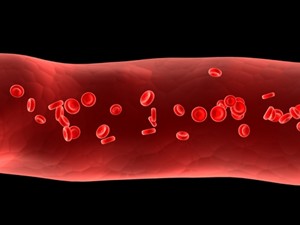
How long do Hepatitis B symptoms last?
Symptoms may begin as early as 60 days or up to 150 days after exposure to HBV. Ninety-five percent of the adults recover completely from HBV and do not become chronically infected. In contrast, 90% of infants and 35% of children under the age of 5 years old will remain chronically (life long) ill with HBV.
What is the difference between acute and chronic HBV infection?
If a person was infected with hepatitis B for the first time, it is called acute hepatitis. Usually acute (short-term) hepatitis lasts for 6 weeks or less. Chronic (long-term) HBV infection occurs in minority of the adults who were infected with HBV. In contrast, the majority of the infants exposed to HBV will have chronic (long term) HBV. Chronic infection may last 6 months or more.
What happens in chronic HBV infection?
15-25% of the people with chronic HBV develop cirrhosis (liver damage), liver failure, or liver cancer.
How is it treated?
There are no special treatments for acute hepatitis B infection.
For chronic infection, many antiviral drugs are available.
|
||||
| Course Progression Bar | ||||